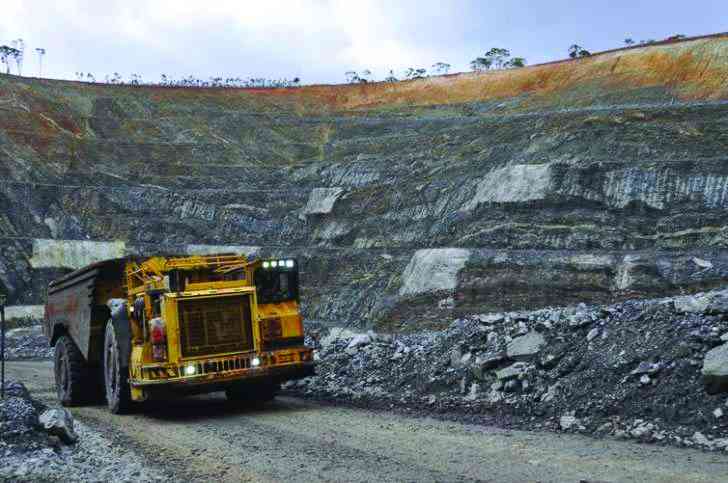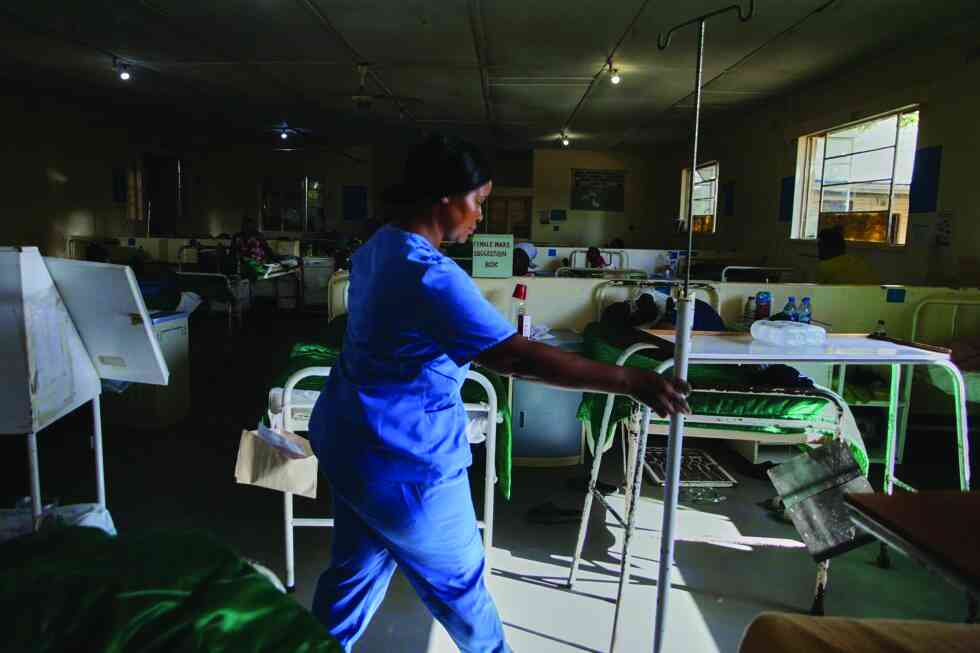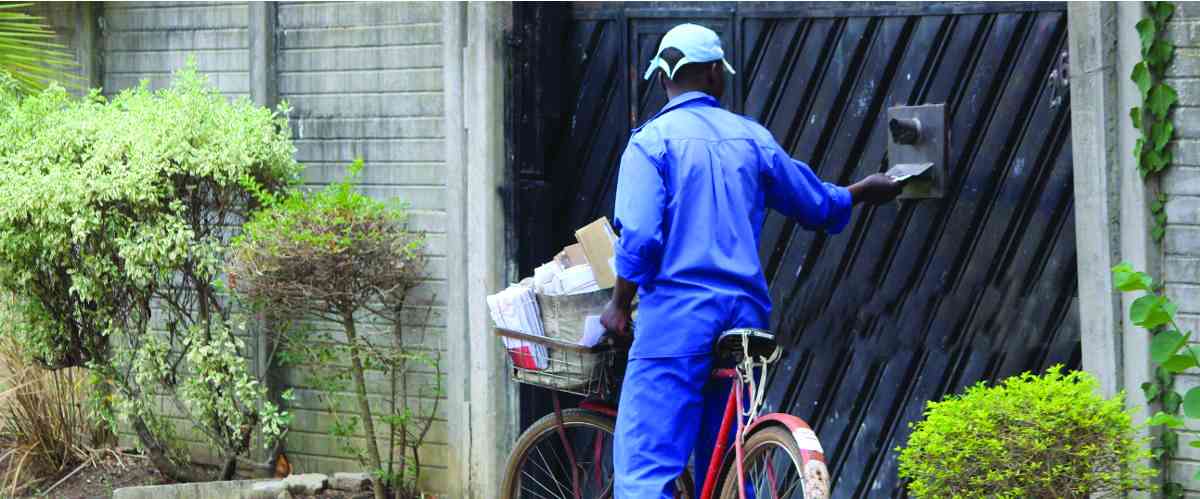
The African Paradox remains an intriguing fact of life as lives continue to be lost as a result of poverty, in a continent endowed with the richest deposits of mineral wealth in the world.
In 2023, two-thirds of Africa’s population of more than one billion is poverty stricken, living on less than US$1 per day.
On the eve of the Zimbabwe Alternative Mining Indaba (Zami) in early October 2023, one WhatsApp discussion on the topic ‘Mining in Zimbabwe, blessing or curse?,’ resulted in a spirited contest between ‘anti-imperialists’ and the ‘local African leadership failure’ protagonists.
Quite appealing are the assertions of anti-imperialists; that western multinational corporations come to plunder the bowls of Africa of her treasured resources, (through transfer pricing, unequal trade, tax exemptions, or even direct pilferage) to the detriment of Africans.
But our own local leadership failure in economic governance, technology transfer, resource nationalism, and (lithium) de-carbonisation opportunities is also too glaring to be ignored.
Zimbabwe has abundant land, water, forestry, mineral resources, as well as a stock of human skills/expertise that is incomparable in the region. But breakthrough remains elusive. So why not address this elephant in the room first?
Issues and experiences
Ugandan President Yoweri Museveni may have been quite articulate and straight to the point in early 2023 when he castigated China for just extracting lithium from Africa, and failing to construct factories for value addition processes that create employment for locals.
- Masvingo turns down fire tender deal
- Byo author eyes SA award
- WhaWha triumphs in the slugfest of wardens
- 2 DJs murdered over woman
Keep Reading
But an immediate question is, are factories donated as a gesture of goodwill? Why do our governments fail to put in place policies and governance systems and mechanisms that prioritise Africa from the scourge of imperialists?
Is political leadership not about sovereignty and power to change lives of others? Quite evidently, this buttresses the view that Africa remains stuck in regression mode because of a continental failure to yield a robust political leadership that can secure, represent, advance and protect the best social and economic interests of Africa.
Hundreds of engagements, workshops and conferences on mining involving the government, the World Bank, United Nations, the International Monetary Fund, the Africa Union, Southern Africa Development Community, as well as civil society are being held to push for legal institutional, and policy reforms in the mining sector in Southern Africa.
In the tradition of Zami, earthmoving resolutions and commitments have been made at the mining indabas organised by The Zimbabwe Coalition on Debt and Development (Zimcodd) and partners in Bulawayo every second half of the year.
The same can be said about regional mining indabas regularly held across South Africa.
The African Mining Indaba in Cape Town, South Africa in May 2022 focussed on more effective contributions of governments, public agencies and mining houses in Africa towards education development, employment creation, poverty alleviation and sustainable development in Africa.
Yet in spite of these very important gatherings, the intriguing reality of World Bank predictions in 1994 remains, that “..the number of people living in poverty in (mineral rich) sub Saharan Africa (will) increase .. to .. 100 million by the end of the century”. (World Bank 1994; Rural Household Studies In Zimbabwe: A Review By B. H. Kinsey, Hilary Mcquie and Mandivamba Rukuni Working Paper AEE 2/95).
Elephant in the room
According to the 2021 African Mining Markets report, Zimbabwe's Bikita Lithium mine, in south-western Masvingo, holds the world's largest-known deposit of the alkali metal, at around 11million tonnes.
“Zimbabwe is the leading country in Africa to produce lithium ore, and the 4th largest in the world”). In 2023, Zimbabwe supplies more than 20% of the world’s market for lithium.
However, just as the world is, with the progression of the 21st century, engulfed by economic knowledge to benefit nations and citizens, Zimbabwe is overwhelmed by persistent deterioration into such issues that generate negative energy and despondency.
These include rampant unemployment and poverty, regressive taxes, gender discrimination and Chinese land invasions, youth and drugs, debt burdens and debt transfers, state capture, militarisation of the state, corruption, catch and release syndromes and politicisation of policy processes.
Why do we as Africans fail to address crucial policy issues and opportunities pertaining to:
Economic governance: According to Zimcodd this is about prudent stewardship of public resources as an enabler of social and economic development and justice.
Many governments in Southern Africa have expressed their commitment to establish greater transparency and accountability in resource management, to curb pilferages, illicit outflows and corruption.
Addressing the Zimbabwe Second Structured Dialogue Platform meeting in February 2023, President Emmerson Mnangagwa announced that his government upheld constitutionalism, accountability and transparency, good governance, democracy and sustainable development.
This view contrasts sharply with private sector and civil society perceptions of an economic environment in Zimbabwe that it is faltering, reflected in the unbearable hardship and burdens in the social and economic life of citizens.
In a 2022-2023 study of political, economic, environmental technological and social dimensions of life in Zimbabwe, the Zimbabwe Council of Churches (ZCC) notes that the country’s world record hyperinflation undermines production processes and worsens poverty, that the rampant corruption is a cancer that is eroding the confidence of citizens in the state, and that basic health and education remain inaccessible to citizens.
Differentiated gender impacts are worsening because of unbearable fees, child pregnancies (rural and urban), child marriages (in rural areas mostly), drugs and substance abuse among youths. The result is social instability, apathy, and conflict.
Resource nationalism: There are massive potential benefits to Africa from mining investments that include creation of new jobs, expansion of the tax base, technology transfers and funding.
But for this to happen, governments must tackle the renegotiation of existing mining contracts to secure more favourable terms, creating leeway for increases in taxes/royalties, asset nationalisation (including possibility of forced equity transfers or the threat of them), primary export restrictions and aggressive pursuit of in-country beneficiation.
Africa will benefit substantially if many Chinese investment contracts are reversed or renegotiated.
Opportunities from de-carbonisation: It is well acknowledged, as reflected in various Africa Finance Corporation publications, that global shifts towards de-carbonisation represent significant wealth creation and employment opportunities for Southern Africa granted the abundance of key battery minerals that include cobalt, copper, lithium and manganese in the region.
For many decades Bikita Minerals in Zimbabwe still exports raw lithium.
Technology transfer: Mining deals in Africa represent crucial learning opportunities for governments in terms of technology transfer and value addition in renewable energy projects, including lithium battery manufacture, and enhancement of local industrial process capacity.
In the long term, this helps relieve the debt service pressure, particularly granted the price of lithium is expected to rise sharply in the immediate future.
Breaking dependence on exports: There is need for a deliberate and concerted political effort to break the vicious cycle of dependence of Africa on primary exports. In 2023 the DRC supplies 70% of the world’s cobalt used in electric vehicle manufacture but captures only 3% of the battery and Electric Vehicle value chain.
The disparity between Africa’s contribution of raw materials to the world’s most lucrative industries compared with the value chain benefit is distressing.
Looking beyond
As development activists argue, beyond laws, policies and governance systems that prioritise local African interests in the globalising world, Africa needs leaders with the passion and political will to drive a development agenda that lifts the continent to levels it truly belongs.
Zimcodd tells us through their various publications on natural resource governance and mining, that in the end, it is not so much about natural resource endowment, but about political will, governance and management.
Conflicts between the Chinese in particular, and local communities across Southern Africa only serve to reflect local state institutions that are weak and governance systems that are deficient. They also reflect the absence of political will to drive a development agenda on the continent that is sustainable.
- Manyanya is a policy analyst and a resident of Goromonzi North in Mashonaland East. These weekly New Perspectives articles, published in the Zimbabwe Independent, are coordinated by Lovemore Kadenge, an independent consultant, managing consultant of Zawale Consultants (Pvt) Ltd, past president of the Zimbabwe Economics Society and past president of the Chartered Governance & Accountancy Institute in Zimbabwe (CGI Zimbabwe). — [email protected] or mobile: +263 772 382 852.











